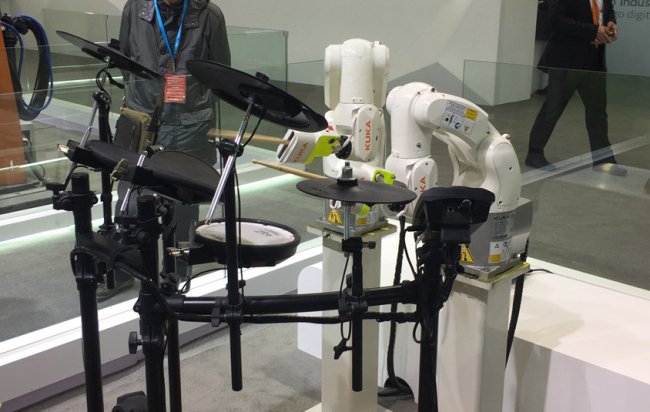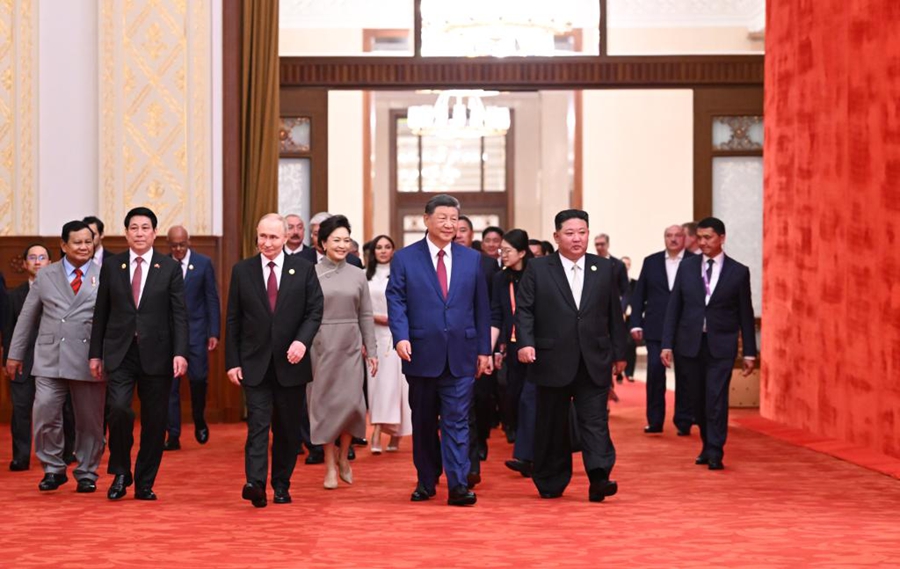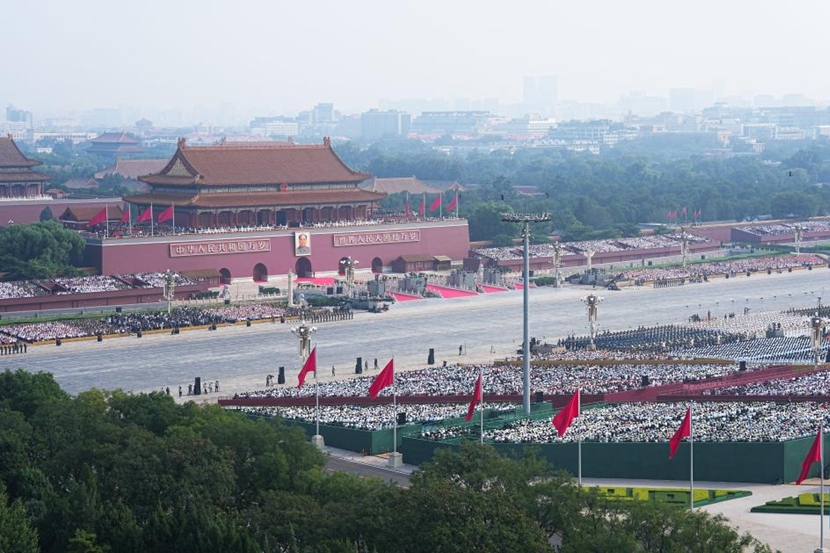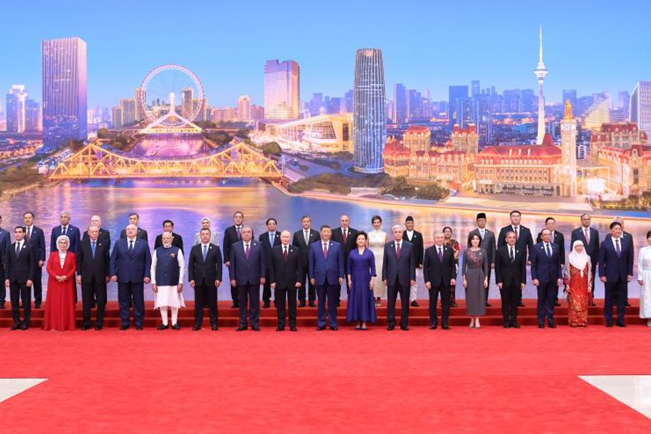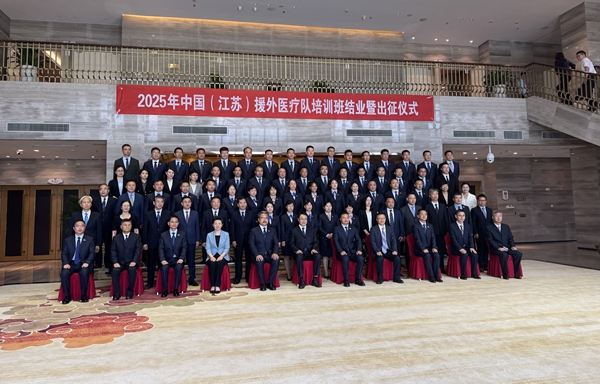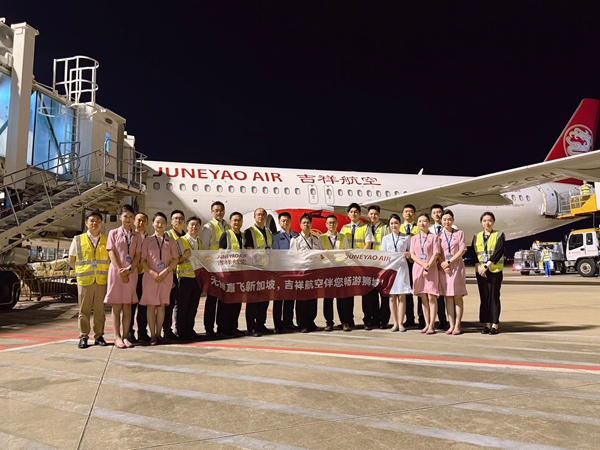
(CFP Photo)
Jiangsu Province has recently released a guideline to promote the high-quality development of cross-border e-commerce, the first such provincial policy support tailored to the sector.
The 20 measures were jointly formulated by the province’s seven governmental departments including commerce, transport, market supervision and taxation.
In recent years, digital application has evolved rapidly to reshape sectors of governmental service, finance, retail, agriculture, industry, transportation, logistics and health care.
The COVID-19 outbreak in 2020 has accelerated the pace of digital transformation across the board. Han Jian, executive vice president of the FTZ Research Institute, Nanjing University, said it’s an inevitable major trend for traditional foreign trade to undertake a digital transformation.
As COVID-19 dealt a heavy blow to traditional trade models, cross-border e-commerce has become a major driving force for stabilizing foreign trade. It also has the advantages of cutting the cost and expanding the market possibility for SMEs. Meanwhile, it directly promotes the development of modern service industries such as warehousing and logistics, electronic payment and authentication.
In 2020, Jiangsu's import and export of goods totaled 4.45 trillion yuan, up 2.6% year-on-year, 0.7 percentage points than the national average. Jiangsu’s foreign trade continued to be the second largest in China and accounted for 13.8% of the country’s total. The B2C trade volumes via cross-border e-commerce platforms, under the oversight of Customs authorities, increased by 2.5 times to reach 6.65 billion yuan, and the B2B export volume hit 4.61 billion yuan.
Behind the rapid growth is the rising number of cross-border e-commerce pilot zones established in the province’s ten cities. Three more cities - Zhenjiang, Yangzhou and Taizhou, are preparing to apply for hosting such zones.
The Longtan Cross-border E-commerce Industrial Park, the first of its kind in Nanjing, is currently home to many SMEs, which recorded 2 million orders in 2020 and involved a total turnover of more than 30 million yuan.
Han said it’s necessary to build a cross-border logistics system that integrates overseas warehousing and supply chain services, and create a closed-loop ecosystem of cross-border e-commerce covering the whole industry chain of manufacturing, trade and services.

